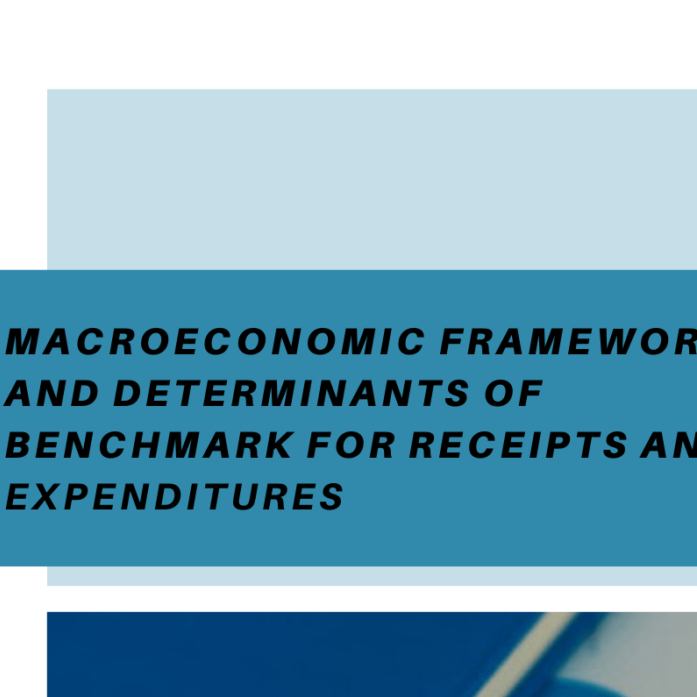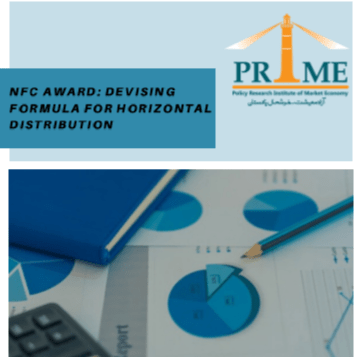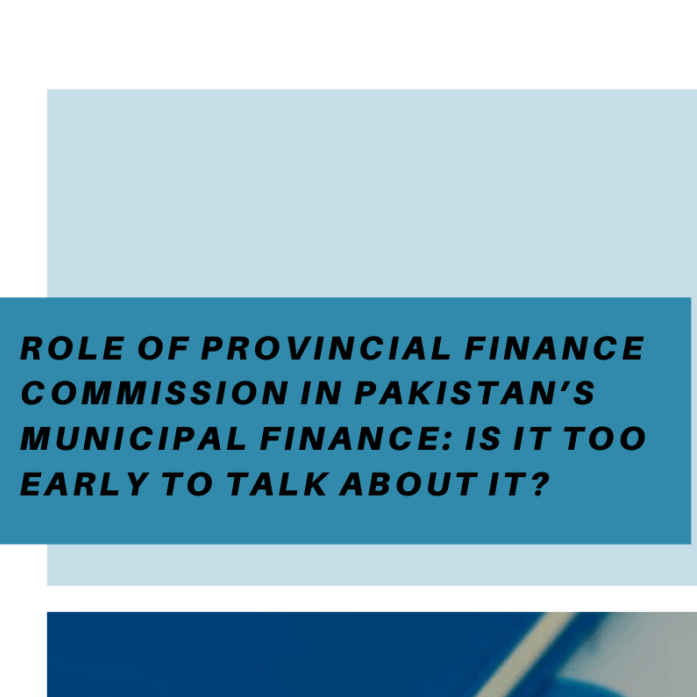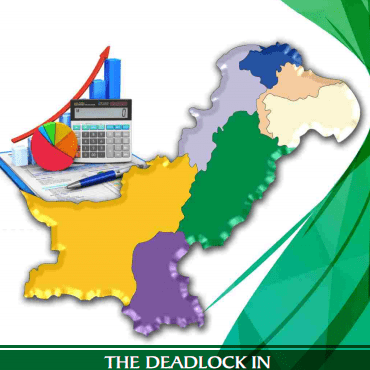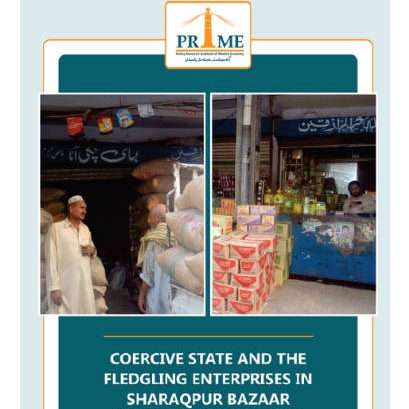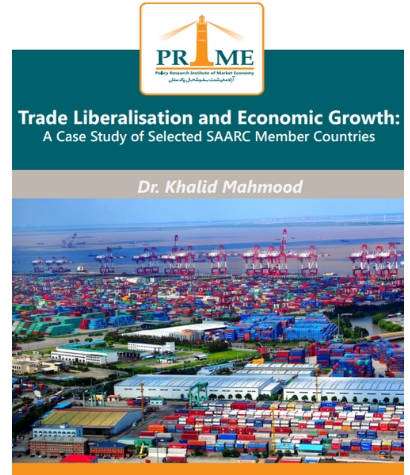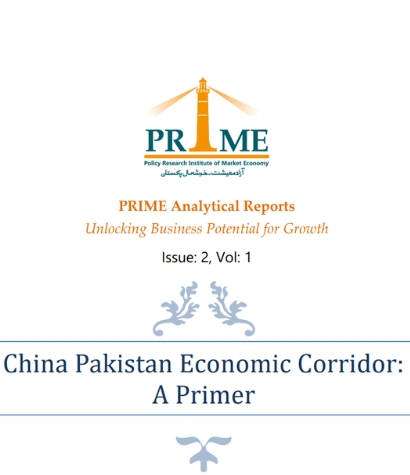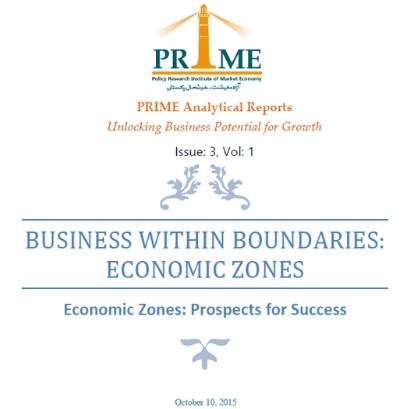Macroeconomic framework2 and how an optimal level of receipts and expenditures can be achieved at federal and across provinces is one of the fundamental issues the prevailing National Finance Commission (NFC) negotiation is figuring it out. The optimal level of receipts and expenditures can help the provinces to maintain fiscal balance. Similarly, the optimal level of receipts and expenditures will also help to develop the homegrown macroeconomic framework. To avoid the complexities involved in the macroeconomic framework, and remain in line with NFC discourse we focused our discussion on the fiscal side of the macroeconomic framework. Over the years, narrow tax base, heavy concessions and exemptions, challenges in tax administration and inadequate tax compliance have resulted in a low tax-to-GDP ratio. To address these challenges and weaknesses, there is a dire need to introduce necessary fiscal measures. Fiscal reforms are needed to ensure a fair and efficient tax system to generate sufficient revenues, which however seems a big challenge in the presence of substantially low tax-to-GDP ratio.
NFC Award: Devising formula for horizontal distribution
This paper proposes a formula for resource distribution between provinces-horizontal distribution- under the upcoming National Finance Commission (NFC). We maintain that the formula offered in 7th NFC is predominantly need-based and the (equity) indicators, whatsoever it has, by very construct, fall short of capturing full essence of equity. Further, we argue that existing indicators of efficiency, the size of provincial tax revenue, is not adjusted for size of the provincial economy thus fails to capture the efficiency part of resource collection, the tax effort.
Role of Provincial Finance Commission in Pakistan’s Municipal Finance: is it too early to talk about it?
All politics is local. So goes an adage from US politics referring to the profession’s demand of public office hopefuls to immerse themselves in the community they represent; know the places, the people and their unique problems, and win them over by either solving those problems or by presenting a solution before asking for their votes.
Rethinking NFC (2017)
Taxes impose a burden on those taxed and the burden can be proportionate or proportionately higher or lower relative to income. The burden is termed as incidence and is designated as progressive if the burden of the tax is higher on the rich and regressive if it is higher on the poor. Generally, direct taxes, i.e. taxes on income, wealth, property, etc., are found to be progressive and indirect taxes, i.e. sales taxes, customs duties, excise duties, etc., are found to be regressive. A tax regime that is progressive is said to be equitable and fair.
The Deadlock in National Finance Commission Award
Pakistan’s federal democracy is evolving; the 18th constitutional amendment, the passing of the 7 th NFC Award and local government elections are some recent positive developments. However, while local government framework and the ensuing elections are fraught with problems, the NFC Award too is not backed by strong evidence. The NFC is seen to be marked with lacunas that causes delays and deadlocks in the passing of new awards; at the other end both vertical and horizontal revenue distribution is seen falling short of fairness while also lacking carrots and sticks to further revenue generation and to strengthen democracy at sub-national level.
State coercion and the fledgling enterprises in Sharaqpur (2014)
State coercion and the fledgling enterprises in Sharaqpur (2014)
This study is based on a survey of 100 small scale enterprises based in Sharaqpur, a small town near Lahore. The study aims at understanding the dynamics of small scale entrepreneurs as they interact with with the government on their path of survival and growth. The study provides an inventory of workable recommendations requiring changes in the laws, regulations, and attitude that these industrious entrepreneurs face on daily basis.
Economic Freedom of the World Report (2013)
Economic Freedom of the World Report (2013)
The index published in Economic Freedom of the World measures the degree to which the policies and institutions of countries are supportive of economic freedom. The cornerstones of economic freedom are personal choice, voluntary exchange, freedom to compete, and security of privately owned property. Forty-two variables are used to construct a summary index and to measure the degree of economic freedom in five broad areas:
Export development fund (2014)
Export development fund (2014)
Export Development Fund (EDF) was formally established through an Act namely ‘Export Development Fund Act 1999’ with the purpose to strengthen and develop infrastructure for promotion of exports through Export Development Surcharge (EDS). In 2005 an amendment came, which provides that Federal Government is required to collect 0.25 per cent of export receipts and transfer to EDF maintained by Ministry of Commerce in the following year. During 2012-13, the Finance Division released an amount of Rs. 452.619 million, equivalent to only 30 per cent of EDS collected. The total short provision since amendment in the Act in 2005 i.e., from 2006-07 to 2013-14, has accumulated to approximately 19 billion rupees.
Trade liberalization and economic growth (2014)
Trade liberalization and economic growth (2014)
This study empirically analyses the impact of trade liberalization on economic prosperity in selected SAARC countries. To probe the nature of relationships between trade liberalization and economic prosperity especially in less develop countries, research carried out across five SAARC member countries i.e. Pakistan, India, Nepal, Bangladesh and Sri Lanka. The study demonstrate that trade liberalization is conducive for economic prosperity in selected SAARC countries.
CPEC: A primer (2015)
CPEC: A primer (2015)
This report “China Pakistan Economic Corridor: A Primer” brings together, for the first time in Pakistan, facts, policies, perceptions and implementation status at one place about the most important business deal for the country. The report provides a broad overview of economic significance of economic corridors, identifies parameters of their success, highlights salient features of the institutional and legal framework that governs CPEC, identifies business opportunities alongside the route, highlights concerns from Pakistan’s private sector, updates on the implementation status of CPEC and suggests next steps.
Building on privatization (2014)
Building on privatization (2014)
The study reviews the performance of electricity utility companies in Pakistan by comparing the state owned companies (PESCO & IESCO) with the privately managed Karachi Electric. Using the benchmarks of governance, operational management, financial performance and commercial management, the report develops a scorecard to track the performance of DISCOs and indicates factors which have led to the turnaround of KE after its privatisation. The report is beneficial for the analysts of power sector as well as decision makers.
Business within boundaries (2015)
This research report brings forth facts about the importance of Economic Zones (EZs) and discusses the factors that led to their success. EZs have seen a tremendous growth in numbers since 1970’s, and they are now the preferred mode of industrial clustering, especially in the form of Special Economic Zones (SEZ). This has come about due to various advantages that they tend to confer in terms of industrial development. For example, they offer economies of scale in production and costs, act as incubators for new technological developments, spur new research and tend to have positive spillover effects. In the long term, factors like continued coordination and links with research organizations and academia help sustain and improve the performance of EZs.
This research report brings forth facts about the importance of Economic Zones (EZs) and discusses the factors that led to their success. EZs have seen a tremendous growth in numbers since 1970’s, and they are now the preferred mode of industrial clustering, especially in the form of Special Economic Zones (SEZ). This has come about due to various advantages that they tend to confer in terms of industrial development. For example, they offer economies of scale in production and costs, act as incubators for new technological developments, spur new research and tend to have positive spillover effects. In the long term, factors like continued coordination and links with research organizations and academia help sustain and improve the performance of EZs.
- « Previous Page
- 1
- …
- 22
- 23
- 24
- 25
- 26
- …
- 30
- Next Page »

